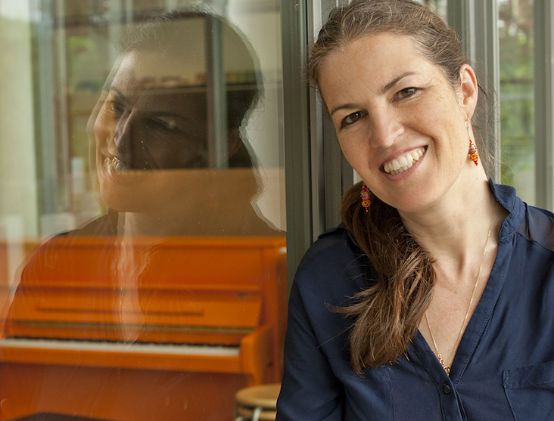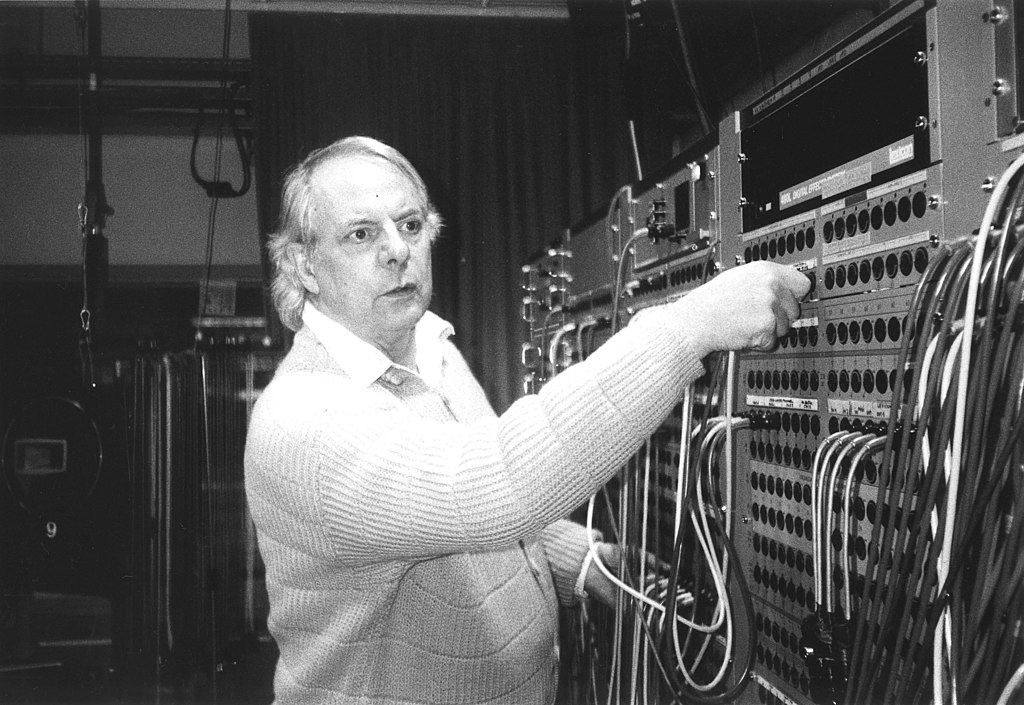Debuts of a new label
Committed to Swiss musical life and a high technical standard, Schweizer Fonogramm releases its first recordings.

"Schweizer Fonogramm" - the name of the latest Swiss CD label promises a lot. It evokes associations with the good old days when recordings were the artistic measure of all things and Glenn Gould could prophesize the end of classical concerts. Yes, here someone is conjuring up elaborately produced recordings, interpretations carefully crafted in the studio. And the two founders of the label, conductor Graziella Contratto and violinist and sound engineer Frédéric Angleraux, do so with a clear commitment to Swiss musical life.
On the first two releases, this Swiss connection is perhaps not yet so clearly tangible, but the artistic directors themselves present themselves as high-level performers. On double-je Angleraux plays violin duo sonatas by Prokofiev, Honegger and Ysaÿe together with Raphaël Oleg. The interplay between the two is particularly striking. They merge the sound of their violins with ease, only to be clearly separated again shortly afterwards. A recording of a lesser-known repertoire that is well worth listening to.
Double-je. Sergueï Prokofiev: Sonata opus 56 en ut majeur; Arthur Honegger: Sonatine H.29; Eugène Ysaÿe: Sonata opus posth. en la mineur. Raphaël Oleg, Frédéric Angleraux, violons. Swiss Fonogram
And Graziella Contratto presents on the CD Titänli together with the Mythenensemble Orchestral chamber versions of Mahler's first symphony and Zemlinsky's orchestral song May flowers bloomed everywhere. Klaus Simon's arrangements prove to be an opportunity for everyone involved. The ensemble members come more to the fore than in the large orchestra and are also allowed to show off their soloistic qualities. Contratto manages to maintain the symphonic character of the work despite the reduced instrumentation. Of course, Angleraux's production also contributes to this, offering a pithy sound very close to the individual instruments. So there is a lot to discover in this recording. For if Mahler's first work in this version - not very surprisingly - has somewhat less orchestral power, the better audibility and, in places, various more accentuated passages offer a fresh perspective on the work.
Titänli. Mahler: First Symphony; Zemlinsky: May flowers bloomed everywhere. Chamber versions. MythenEnsembleOrchestral; Lisa Larsson, soprano; Graziella Contratto, conductor. First recording. Swiss Fonogram










